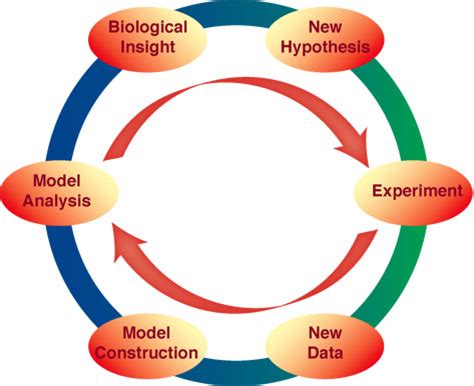Schema della sezione
-
LECTURES: N, 10, 11, 12, 15 and 16
STUDY MATERIALS IN CB_23_24_PACXK_6PROTEINS BETWEEN ORDER AND DISORDER
Primary, secondary, tertiary and quaternary protein structures
Cellular Crowding, Chaperones, Co-translational folding/assembly
Standard form of the 20 naturally occurring amino acids: chirality of amino acids, formation of the peptide bond
Special amino acids: glycine, histydine, proline, cysteine (disulphide bridges)
Dihedral angles and Ramachandran plots: regions of standard secondary structures
Stabilizing forces in protein structure (electrostatic, van der Waals, hydrogen bonds, hydrophobic,…)
Water and protein conformations: role of hydrogen bonds
Principles of evolutionary protein design: positive/negative design
What is bioinformatics
Protein Data Bank (PDB): to visualize protein structures use Pymol, Chimera, Litemol on the .pdb files (see The language of the protein universe by M. Levitt)
free energy and the folding processstructural and functional protein domains (what is a protein domain? see also as a suggested reading: Pawson’s interaction domains, Pawson2002).
sequences determine protein structures (suggested reading: Anfinsen’s dogma, Anfinsen1973) and structures are more conserved than sequences
proteins: between order and disorder. CH plot (Uversky2002)
intrinsically disordered proteins (see databases: DISPROT, MobiDB)
Dihedral angles and Ramachandran plots: regions of standard secondary structures
Stabilizing forces in protein structure (electrostatic, van der Waals, hydrogen bonds, hydrophobic,…)
Water and protein conformations: role of hydrogen bonds
Principles of evolutionary protein design: positive/negative design
SUPERPOSING PROTEIN STRUCTURES
Structural distances and philogenetic distances
How to superpose protein structures in general (hard problem)
Subtract roto-translations + RMSD
Quaternions and rotations
-

